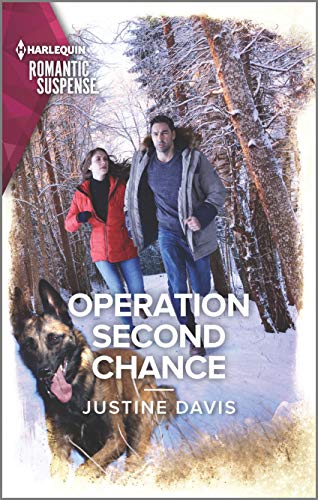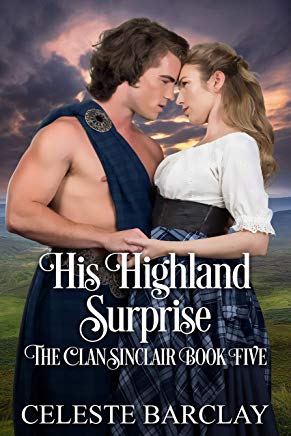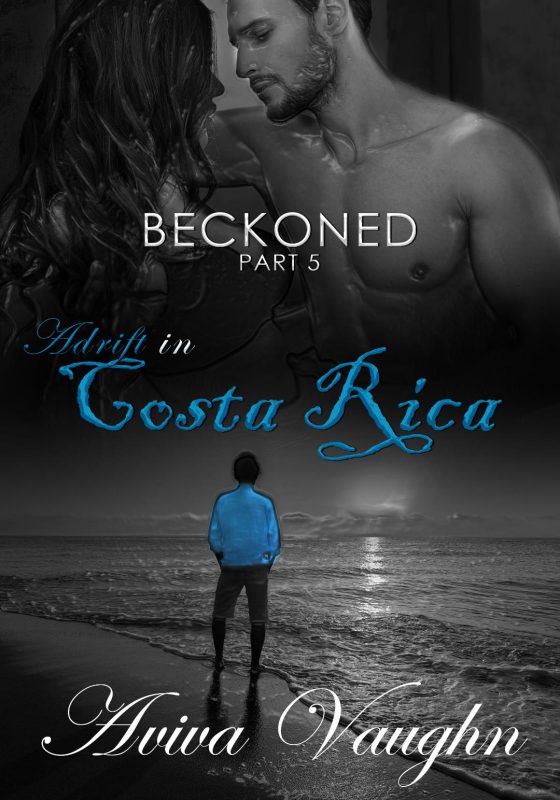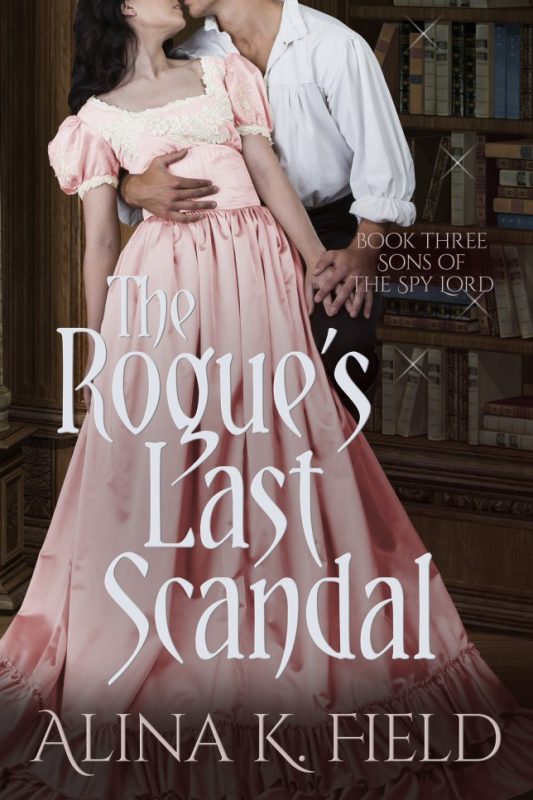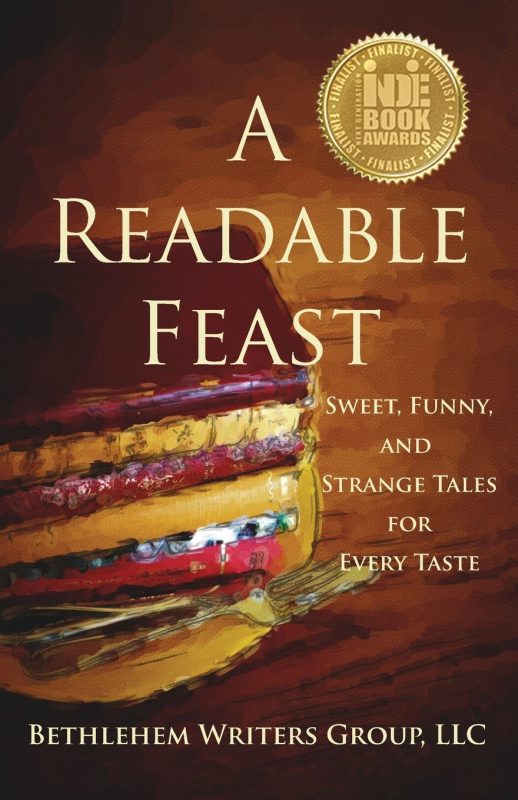An Interview with Jonathan Maberry by Diane Sismour @dianesismour
October 17, 2017 by marianne h donley in category Interviews tagged as Bethlehem Writers Roundtable, Contests, Diane Sismour, Jonathan Maberry, paranormal, reading, writing Writing is a solitary profession except when you meet someone like Jonathan Maberry.
Writing is a solitary profession except when you meet someone like Jonathan Maberry.
JONATHAN MABERRY is a New York Times best-selling and multiple Bram Stoker Award-winning suspense author, editor, comic book writer, magazine feature writer, playwright, content creator and writing teacher/lecturer. He was named one of the Today’s Top Ten Horror Writers. His books have been sold to more than two-dozen countries. Not only is he an exemplary author, he’s also part of a group known as the Philadelphia Liars Club. An organization known for helping writers become authors through workshops and meetings.
Long ago in one such workshop, I met Jonathan and he’s been one of my mentor ever since. I’m pleased to introduce Jonathan to my readers.
Hi Jonathan,
Thank you for taking the time from your busy schedule to answer a few questions. The Bethlehem Writer’s Roundtable has a Paranormal Short Story Contest starting on January 1st, 2018 and I would like to give my readers and the participants a scope of what to expect from the genre.
DIANE SISMOUR: How would you describe Paranormal as a genre compared to Horror or Fantasy?
JONATHAN MABERRY: Paranormal is often confused or conflated with supernatural, but they’re significantly different things. The supernatural refers to things like vampires and werewolves, demons and those kinds of monsters. Paranormal refers to things that may appear to be magical but are likely to be aspects of science as yet unquantifiable, such as telepathy, clairvoyance, telekinesis, and other kinds of ESP.
The word ‘paranormal’ is frequently misused in fiction, as seen in –say—paranormal romance, in which angels, demons, vampires, and so on are romantic figures. That’s actually supernatural, but try and get a publishing marketing exec to change the wording! Not a chance.
Supernatural elements fit very well with all kinds of fantasy storytelling, because fantasy has always been concerned with monsters, dragons, sorcery, gods, and so on.
Horror is a much broader category and there are no limits to what can fall under that umbrella. Horror can as easily be used to accurately describe a serial killer novel (Silence of the Lambs comes to mind) as a werewolf thriller or a Gothic ghost story.
 DS: There are so many crossover genres in today’s fiction. Do you feel this has helped the paranormal market and why?
DS: There are so many crossover genres in today’s fiction. Do you feel this has helped the paranormal market and why?
JM: The paranormal fiction market was created when romance became heavily associated with typically monstrous elements of fiction. Books like Interview with the Vampire helped give birth to what we now call ‘paranormal romance’. TV shows like Buffy the Vampire Slayer, Angel, Forever Knight, Charmed, True Blood, Vampire Academy, and so on, really propped this genre up; and novels by Laurell K. Hamilton, L.A. Banks, Sherrilyn Kenyon, Rachel Caine and many others have established it as a huge moneymaker.
All trends wax and wane, and one of the ways to keep them fresh is to spice them up with elements of other genres. Buffy is an example, because it is ostensibly a story about teenage angst and social anxiety wrapped up in a heroic battle against monsters. It’s also a coming of age story, an urban fantasy, a dark fantasy, a family drama, an action series, a comedy series, romance, and –well, I could go on and on. Every time they wanted to make it fresh they threw in some other genre elements –even a space alien (no joke). And…it worked.
The fanbase is easily jaded and wants more, which is why those writers who can bring in those other genre elements are the one who most often manage to surprise and intrigue their fans.
One show (and subsequent series of comics, games, anthologies and novels) that has very successfully combined paranormal, supernatural, horror, science fiction and fantasy genres is The X-Files. Week-to-week you never quite knew from which direction the punches would be coming. Which made the original series so much fun; and now it’s back.
DS: What hero and villain would you most like to write a battle about for world dominance?
JM: I’ve been toying with the idea of writing a story in which Nikolai Tesla and Dr. Moriarty team up to conquer the world. That would be a whole lot of fun to write. It would also combine science, science fiction, mystery, thriller, Steampunk, and action into one wild ride.
 DS: Your paranormal series, Rot & Ruin, gained huge acclaim in the Young Adult market, and the Joe Ledger novels continue as a fan favorite. Which character is your favorite and why?
DS: Your paranormal series, Rot & Ruin, gained huge acclaim in the Young Adult market, and the Joe Ledger novels continue as a fan favorite. Which character is your favorite and why?
JM: Actually the Rot & Ruin novels are straight science fiction. There are no paranormal or supernatural elements to them because the cause of the zombie plague is an old Cold War bioweapon based on actual parasites found in nature. I just finished a new novel in that series, which is the first of a spinoff storyline with a Latina bisexual teenage main character, Gabriella ‘Gutsy’ Gomez, who is a hell of a lot of fun to write.
But my all-time favorite character to write is Joe Ledger. His novels are predominately science fiction with some paranormal elements, and (in some books in the series) a taste of the supernatural. Ledger is a character I can throw into any series or any story. Between the ten novels in the series, two collections of short stories, a guest appearance in a comic book (V-Wars) and an upcoming anthology with original Ledger stories by my writer colleagues, Ledger has faced corrupt scientists, terrorists with cutting-edge bioweapons, secret societies, genetically-engineered vampires, werewolf super soldiers, changelings, ghosts, alien space spiders, and even H.P. Lovecraft’s elder god, Cthulhu. And he guest-stars in the Rot & Ruin novels.
DS: You have written short story fiction and novels. What elements should a short story contain compared to works of longer fiction?
JM: Short fiction is often similar to the third act of a novel. We typically hit the ground with events already in motion and don’t always pause to explain everything. Much is implied. There are fewer character and the character relationship arcs are less deeply explore, though again, much can be implied to suggest greater depth of that relationship. In a novel, for example, you might explore how a couple falls in love, some highs and lows of that budding relationship, interactions with other people, and view the whole process through the filters of different scenes that put different kinds of stress on those two characters. In a short story we might step in when one of them is lying in an empty bed; or driving away from a burning house; or trying not to sign the divorce papers; or at a funeral; or in the delivery room. We join their lives in progress.
My personal style for writing short stories is episodic. I break my short fiction into several mini-chapters. Micro-chapters, really. These allow me to build scenes and then jump to the next important story moment without having to write the transitional material between scenes. I also use those mini-scenes to allow me to establish dramatic beats even within a larger overall scene. In that way I’m using a condensed version of the same style I use for my novels.
DS: What pitfalls should a writer avoid when editing the final draft?
JM: It’s never a good idea to rewrite anything before a first draft is done. It packs on time, frequently derails the whole project; shifts focus from one skill set (storytelling) to another (revision), often to the detriment of mental focus and overall momentum; and often results in an uneven story, with the early sections more overwritten then the later.
I advise my writing students to draft the story out into a logical plot outline. However I remind them that it’s illogical to assume that you’re going to have all of your best story ideas the day you write out that plot. So, be flexible. Allow for organic growth in both plot and character evolution. Having the plot roughed out, though, is smart. Plots are the mathematical equation of cause and effect that establishes the internal logic. Without knowing how a story ends you can properly foreshadow, built tension that supports the conclusion, and so on; and you often waste time writing scenes that don’t serve the story and will likely need to be cut.
DS: Which authors most inspired you, and why?
JM: I have the great good fortune as a young teen to meet, get to know, and be mentored by Ray Bradbury and Richard Matheson. They were very kind and generous with their support and advice. They taught me to make serious studies of both the craft elements of writing as well as the policies and practices of the business of publishing. They also advised me to be generous and compassionate –both to other writers and in general. That was key advice for a troubled teen who need a gentle nudge in the right direction.
DS: What’s new that you’d like to share with us?
JM: I’m in the middle of one of the busiest years of my career. I’m about to start writing my third novel this year (#33 overall). I have a standalone novel, GLIMPSE, coming out in March that is getting a lot of advance buzz from folks like Clive Barker, Scott Smith, James Rollins, Charlaine Harris and others. And it’s being considered for TV. A couple of my other projects are also heading to film or TV. So that’s exciting. I just finished writing Broken Lands, the first of a new spinoff of my Rot & Ruin series of post-apocalyptic novels for teens. Next up is the 10th Joe Ledger thriller, and then I jump in to writing the first in a new teen series of mystery thrillers. I’ve also got an anthology, JOE LEDGER: UNSTOPPABLE, debuting Halloween day, with original stories using my characters written by a slew of other authors. And just after that my dark fantasy/urban fantasy/mystery genre-mashup anthology, HARDBOILED HORROR debuts. Really looking forward to seeing that launch. And I’m editing KINGDOMS FALL, an anthology of epic fantasy. So…I’m driving in the fast lane and having a hell of a lot of fun.
Readers will find a selection of Jonathan Maberry’s titles below:
 Jonathan Maberry was interviewed by Diane Sismour. Diane has written poetry and fiction for over 35 years in multiple genres. She lives with her husband in eastern Pennsylvania at the foothills of the Blue Mountains. Diane is a member of Romance Writers of America, Bethlehem Writer’s Group LLC, Horror Writers Association, and Liberty States Fiction Writers. She enjoys interviewing other authors and leading writer’s workshops. Diane’s shorts stories are available on A Slice of Orange.
Jonathan Maberry was interviewed by Diane Sismour. Diane has written poetry and fiction for over 35 years in multiple genres. She lives with her husband in eastern Pennsylvania at the foothills of the Blue Mountains. Diane is a member of Romance Writers of America, Bethlehem Writer’s Group LLC, Horror Writers Association, and Liberty States Fiction Writers. She enjoys interviewing other authors and leading writer’s workshops. Diane’s shorts stories are available on A Slice of Orange.
Her website is www.dianesismour.com, and her blog is www.dianesismour.blogspot.com. You can find her on Facebook and Twitter at: http://facebook.com/dianesismour, http://facebook.com/networkforthearts, https://twitter.com/dianesismour
We would like to thank both Jonathan and Diane for contributing to A Slice of Orange.
Interested writers can find more information in The Bethlehem Writers Roundtable Fall issue.
0 1 Read moreAffiliate Links
A Slice of Orange is an affiliate with some of the booksellers listed on this website, including Barnes & Nobel, Books A Million, iBooks, Kobo, and Smashwords. This means A Slice of Orange may earn a small advertising fee from sales made through the links used on this website. There are reminders of these affiliate links on the pages for individual books.
Search A Slice of Orange
Find a Column
Archives
Featured Books
OPERATION SECOND CHANCE
His guilt tore them apart
Can the truth set them free?
HIS HIGHLAND SURPRISE
A confirmed bachelor with no intentions of settling down...
More info →BECKONED, PART 5: ADRIFT IN COSTA RICA
How do you heal a broken heart?
More info →A READABLE FEAST: Sweet, Funny, and Strange Tales for Every Taste
Yearning for a tantalizing tale?
More info →Newsletter
Contributing Authors
Search A Slice of Orange
Find a Column
Archives
Authors in the Bookstore
- A. E. Decker
- A. J. Scudiere
- A.J. Sidransky
- Abby Collette
- Alanna Lucus
- Albert Marrin
- Alice Duncan
- Alina K. Field
- Alison Green Myers
- Andi Lawrencovna
- Andrew C Raiford
- Angela Pryce
- Aviva Vaughn
- Barbara Ankrum
- Bethlehem Writers Group, LLC
- Carol L. Wright
- Celeste Barclay
- Christina Alexandra
- Christopher D. Ochs
- Claire Davon
- Claire Naden
- Courtnee Turner Hoyle
- Courtney Annicchiarico
- D. Lieber
- Daniel V. Meier Jr.
- Debra Dixon
- Debra H. Goldstein
- Debra Holland
- Dee Ann Palmer
- Denise M. Colby
- Diane Benefiel
- Diane Sismour
- Dianna Sinovic
- DT Krippene
- E.B. Dawson
- Emilie Dallaire
- Emily Brightwell
- Emily PW Murphy
- Fae Rowen
- Faith L. Justice
- Frances Amati
- Geralyn Corcillo
- Glynnis Campbell
- Greg Jolley
- H. O. Charles
- Jaclyn Roché
- Jacqueline Diamond
- Janet Lynn and Will Zeilinger
- Jaya Mehta
- Jeff Baird
- Jenna Barwin
- Jenne Kern
- Jennifer D. Bokal
- Jennifer Lyon
- Jerome W. McFadden
- Jill Piscitello
- Jina Bacarr
- Jo A. Hiestand
- Jodi Bogert
- Jolina Petersheim
- Jonathan Maberry
- Joy Allyson
- Judy Duarte
- Justin Murphy
- Justine Davis
- Kat Martin
- Kidd Wadsworth
- Kitty Bucholtz
- Kristy Tate
- Larry Deibert
- Larry Hamilton
- Laura Drake
- Laurie Stevens
- Leslie Knowles
- Li-Ying Lundquist
- Linda Carroll-Bradd
- Linda Lappin
- Linda McLaughlin
- Linda O. Johnston
- Lisa Preston
- Lolo Paige
- Loran Holt
- Lynette M. Burrows
- Lyssa Kay Adams
- Madeline Ash
- Margarita Engle
- Marguerite Quantaine
- Marianne H. Donley
- Mary Castillo
- Maureen Klovers
- Megan Haskell
- Melanie Waterbury
- Melisa Rivero
- Melissa Chambers
- Melodie Winawer
- Meriam Wilhelm
- Mikel J. Wilson
- Mindy Neff
- Monica McCabe
- Nancy Brashear
- Neetu Malik
- Nikki Prince
- Once Upon Anthologies
- Paula Gail Benson
- Penny Reid
- Peter Barbour
- Priscilla Oliveras
- R. H. Kohno
- Rachel Hailey
- Ralph Hieb
- Ramcy Diek
- Ransom Stephens
- Rebecca Forster
- Renae Wrich
- Roxy Matthews
- Ryder Hunte Clancy
- Sally Paradysz
- Sheila Colón-Bagley
- Simone de Muñoz
- Sophie Barnes
- Susan Kaye Quinn
- Susan Lynn Meyer
- Susan Squires
- T. D. Fox
- Tara C. Allred
- Tara Lain
- Tari Lynn Jewett
- Terri Osburn
- Tracy Reed
- Vera Jane Cook
- Vicki Crum
- Writing Something Romantic
Affiliate Links
A Slice of Orange is an affiliate with some of the booksellers listed on this website, including Barnes & Nobel, Books A Million, iBooks, Kobo, and Smashwords. This means A Slice of Orange may earn a small advertising fee from sales made through the links used on this website. There are reminders of these affiliate links on the pages for individual books.














